Campus Sustainability News
News on campus sustainability initiatives, emerging programs, rankings, awards, student initiatives, green teams, and more from across the Cornell University campus.
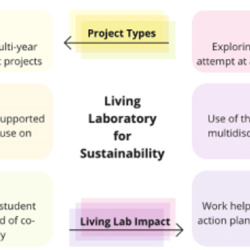
Get inspired by the depth and breadth of projects advancing sustainability!
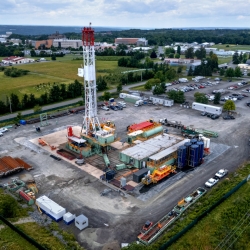
Join members of the CUBO project team on Thursday, Nov. 3, from 5:30-6:30 p.m. to learn more about CUBO and the possible next steps for moving toward a sustainable means of heating campus.

The nearly 2-mile deep borehole observatory will help the university determine whether to move forward with a proposed plan to warm the Ithaca campus with Earth Source Heat (ESH).
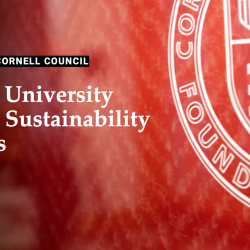
The Sustainable Cornell Council provided an update on campus sustainability progress and priorities in a virtual address in September 2022. Watch the accessible recording of this event.
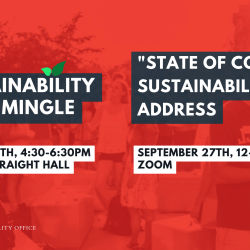
The Sustainable Cornell Council will provide an update on Cornell's sustainability progress and opportunities for networking and connection during the Fall “State of Cornell Sustainability'' Address and Mix & Mingle networking night.

Become a peer-to-peer educator and create a culture of sustainability.
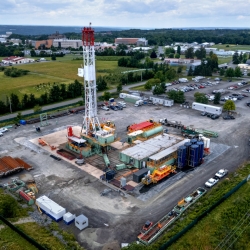
Visit the borehole site on Tuesdays, from noon to 1pm, when staff and faculty will be available to learn more about Earth Source Heat.

Join us for the annual Student Sustainability Awards at Cornell University to recognize the outstanding sustainability organizations and students making change happen here on campus and beyond. Formerly known as the Golden Gorge Awards

Cornell’s first-ever Beyond Waste Prom on March 26 marked the culmination of a two-month long sustainability campaign.

Reusable Mug Program is back! Save 10% when you bring your mug to Cornell dining halls.
